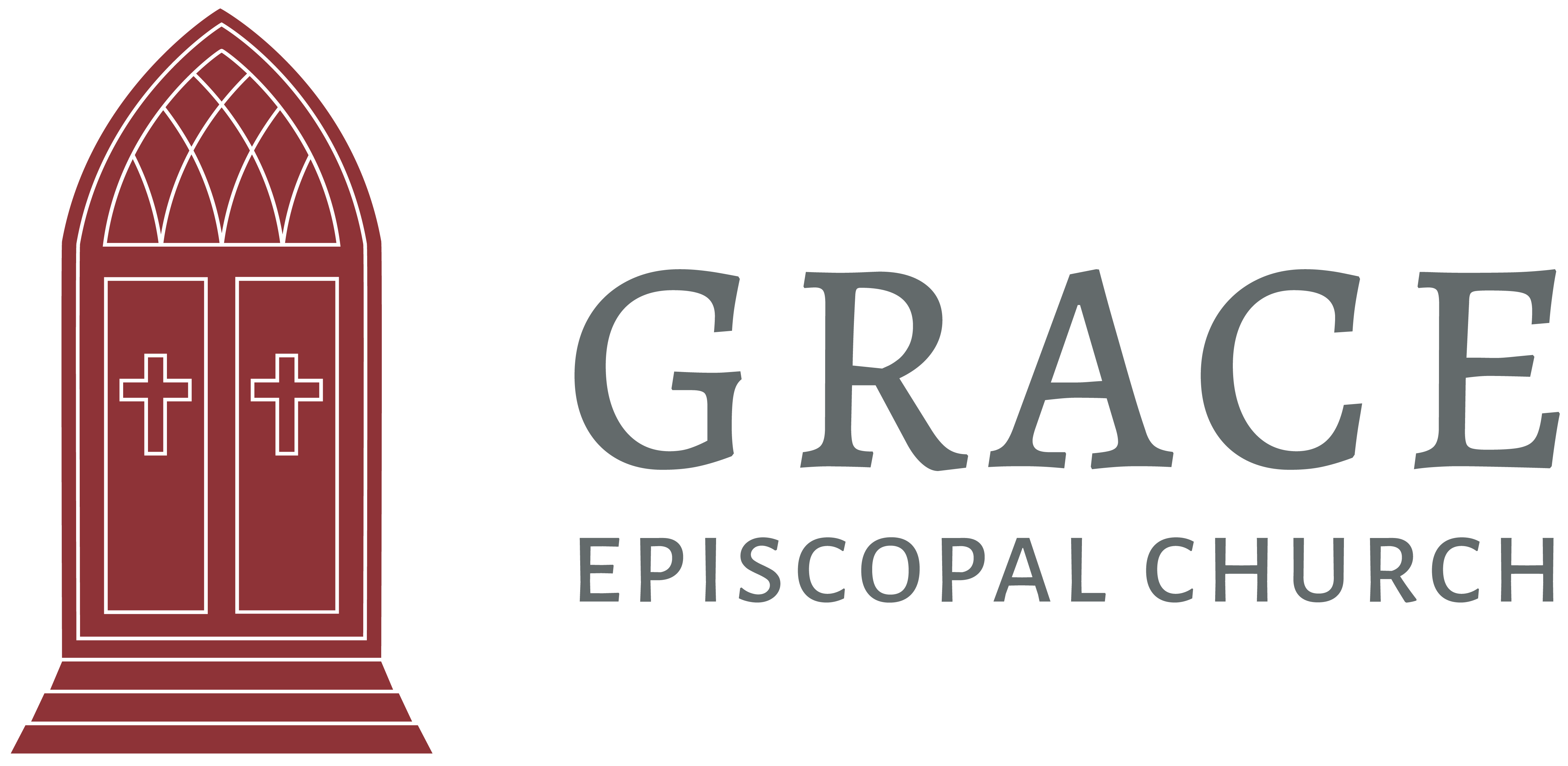Psalm 8; Acts 3:11-26; Luke 24:36b-48
“While they were still disbelieving and wondering in their joy.” The joy of the Resurrection is real, but it doesn’t necessarily lead to intellectual clarity and conviction (they’re still “wondering”) and it isn’t the same thing as faith (they’re still “disbelieving”). We can have joy in what God has done without it changing our lives. Faith changes lives over the long haul. Clarity changes actions and outcomes over the long haul. Joy, by itself, is a fleeting moment, a glorious emotion to be sure, but an emotion. Those come and go, and aren’t really in our control: right now, make yourself “feel happy.” Didn’t work, did it? Emotions happen to us, and they provide much of the beauty and art of our lives, things that are essential. But faith and conviction are things we choose.
Believing that Christ is risen isn’t the same thing as knowledge–note that they’re both disbelieving AND wondering. Belief is what we live our lives by, the foundations that we take for granted. Our beliefs are the things we simply live out of. My wife loves me and wants what’s best for me. Most people are fundamentally good and can be trusted until proven otherwise. The future is at least moderately predictable. It’s unlikely that cosmic forces of evil are plotting against me. Breakfast is the most important meal of the day. Friends, these are all beliefs, unlikely to be proven because at some level they’re unprovable. And yet if I believe this things, it changes how I live. Your beliefs are things you choose, but once you choose them they change you. Choose to believe in the resurrection, in God’s triumph over death, in the cosmic and universal significance of Jesus’ love, of a creation which makes sense and is, in the end, both just and merciful. That’s a choice.
Having conviction that Christ is risen isn’t the same thing as belief–not that they’re both wondering AND disbelieving. Conviction is what we can reasonably assume, based on the evidence, is true. Our convictions are driven by the evidence we choose to see. Watching CSNBC will most certainly give you different evidence from watching Fox, and the people who come to different convictions aren’t foolish–they’ve just filtered their sources in ways that lead to different outcomes. We tend to filter by the sources that we already trust because they already agree with us: I’d like to propose that we need instead to filter by the proven track record of the sources. What are the outcomes? Science has a better track record than popularity polls; the Judeo-Christian tradition has a better track record than Marxism. Your convictions will inevitably result from the evidence you choose, so like a prudent jury weigh the reliability of the witnesses.
Emotion, faith and conviction. Three different things. Three essential and important things. We need them all. But they all do different things, and we require them all. Which is why, when He finds they’re lacking two of the three, Jesus sighs and says, “Sit down, guys, let’s have some breakfast,” and starts all over again giving them the foundations for lives that can change the world.
